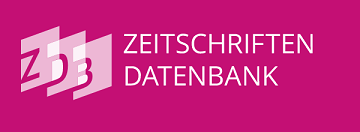Influence of Composition of Power Plant Fleets and Ownership of Transmission and Distribution Networks to Incumbent Company’s Business Success in Some Former Socialist EU Countries
DOI:
https://doi.org/10.37798/202170156Keywords:
assets valuation, success prediction, incumbents, deregulation, liberalisationAbstract
By joining the EU, companies from eastern countries, which until then had largely operated in regulated circumstances, had to adapt to the open market. Liberalization and deregulation were imposed on them as new mantras, in contrast to ensuring the supply at all costs and addressing social issues. How these companies flourished in new circumstances is a legitimate topic for managerial research. This article researches the impact of the "hard assets" composition, that those companies operated, on their expected business success after a multi-year adjustment period. Positivistic research philosophy, "case study", and the deduction approach are used. The data were collected mainly from secondary sources. 3 research goals were selected with 3 relevant research questions. An attempt was made to respond to them on the example of 7 Central European countries and 11 companies, direct successors of original incumbents. The property is grouped into 3 groups: classical power plants (nuclear, hydro, coal), renewable power plants (wind, solar, bio mass) and lines (transmission and distribution). Criteria for success are selected according to usual praxis, but also adjusted to accessible data, predominantly from the company's annual financial statements. Contrary to the developed intuition, and based on cases of companies analyzed, there was no significant correlation between the selected criteria of success and the observed asset classes, serving as independent variables. The biggest problem in the research was access to data. This paper is an extraction from an MBA dissertation.












